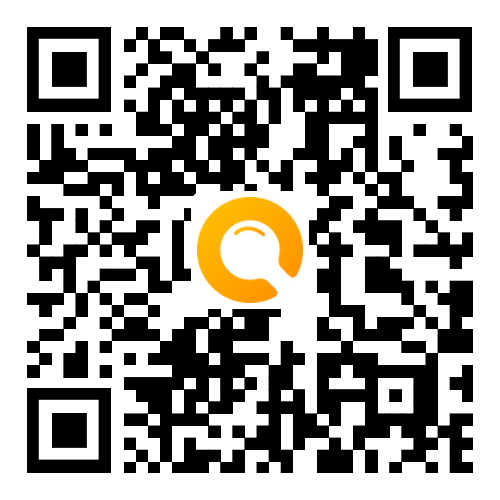The truly incompetent may never know the depths of their own incompetence, a pair of socia
l psychologists said on Thursday.
"We found again and again that people who perform. poorly relative to their peers tended to think that they did rather well," Justin Kruger, co-author of a study on the subject, said in a telephone interview.
Kruger and co-author David Dunning found that when it came to a variety of skills—logical reasoning, grammar, even sense of humor—people who essentially were inept never realized it, while those who had some ability were self-critical.
It had little to do with innate modesty, Kruger said, but rather with a central paradox: Incompetents lack the basic skills to evaluate their performance realistically. Once they get those skills, they know where they stand, even if that is at the bottom.
Americans and Western Europeans especially had an unrealistically sunny assessment of their own capabilities, Dunning said by telephone in a separate interview, while Japanese and Koreans tended to give a reasonable assessment of their performance. In certain areas, such as athletic performance, which can be easily quantified, there is less self-delusion, the researchers said. But even in some cases in which the failure should seem obvious, the perpetrator is blithely unaware of the problem.
This was especially tree in the area of logical reasoning, where research subjects—students at Cornell University, where the two researchers were based—often rated themselves highly even when they flubbed all questions in a reasoning test.
Later, when the students were instructed in logical reasoning, they scored better on a test but rated themselves lower, having learned what constituted competence in this area.
Grammar was another area in which objective knowledge was helpful in determining competence, but the more subjective area of humor posed different challenges, the researchers said.
Participants were asked to rate how funny certain jokes were, and compare their responses with what an expert panel of comedians thought. On average, participants overestimated their sense of humor by about 16 percentage points.
This might be thought of as the "above-average effect", the notion that most Americans would rate themselves as above average, a statistical impossibility.
The researchers also conducted pilot studies of doctors and gun enthusiasts. The doctors overestimated how well they had performed on a test of medical diagnoses and the gun fanciers thought they knew more than they actually did about gun safety.
So who should be trusted: The person who admits incompetence or the one who shows confidence? Neither, according to Dunning. "You can't take them at their word. You've got to take a look at their performance," Dunning added.
Incompetent people rarely know the depths of their own incompetence because they ______.
A.are too dull to know what competence is
B.are not skillful at logical reasoning, grammar, and sense of humor
C.lack the basic skills to evaluate their performance realistically
D.have some ability to overcriticize themselves
 题目内容
(请给出正确答案)
题目内容
(请给出正确答案)
 答案
答案

























